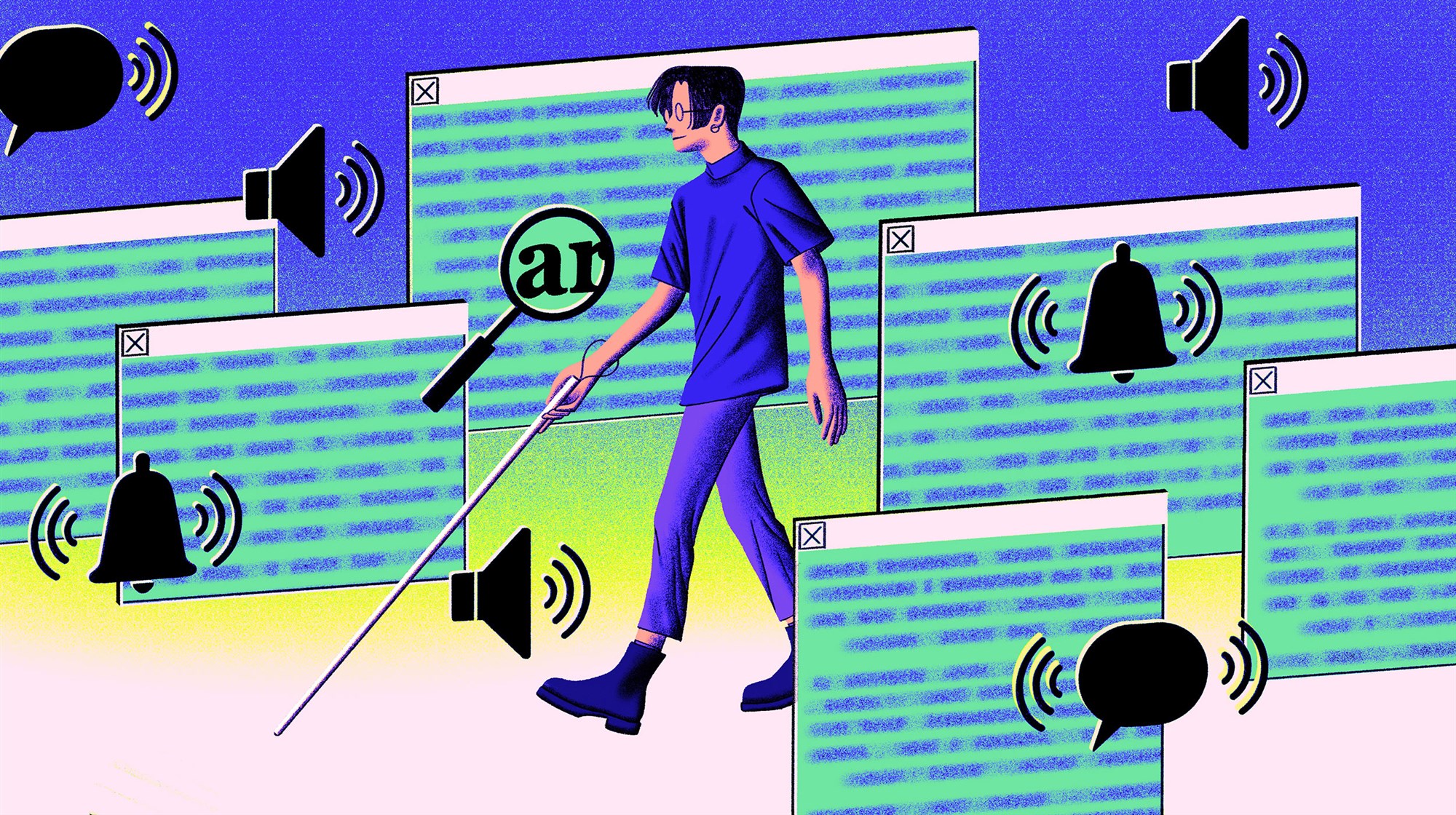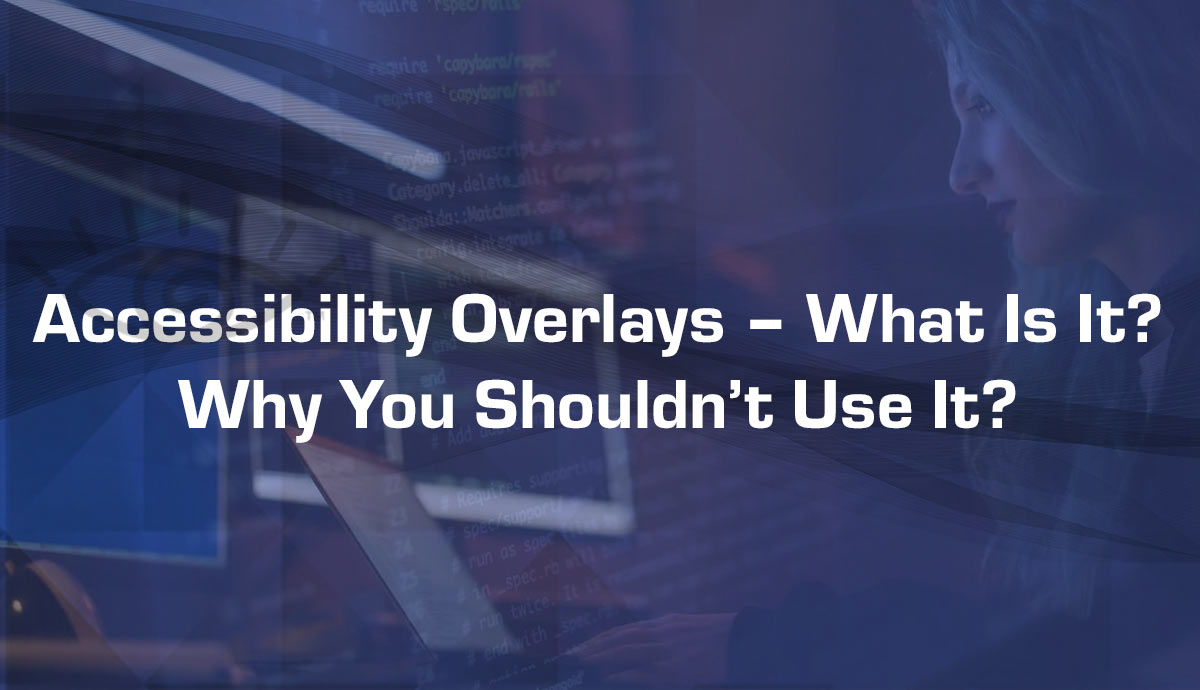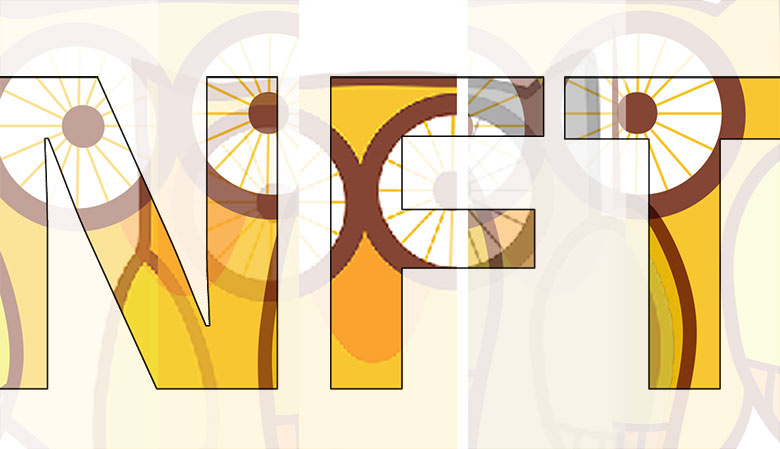Back to College: The New Target for Accessibility Lawsuits by Michele Landis, Co-Founder of Accessibility 360
Since March, COVID-19 has completely changed the way we work, travel, and interact with others. In particular, American colleges and universities’ fall semesters look very different from past years. If a school has decided to reopen and bring students back to campus, the students’ new reality is full of masks, hand washing, and maybe frequent nose swabs. According to a Davidson College and the Chronicle of Higher Education article on colleges and universities reopening (subscription required), most higher education institutions in the United States have opted for a hybrid approach, with some students and classes in person and some online, or an online semester. With most or all university operations happening online, the role of technology has exponentially increased, also increasing barriers to education for the disability community.
Digital Accessibility and ADA Compliance
Most colleges and universities have been using Zoom, an online video conferencing platform, to hold virtual classes. Zoom is already accessible for blind users, and this is the reason that our team at Accessible360 has been using it for years to connect with our remote employees. This is especially true of our auditing team, which is a combination of sighted and blind accessibility engineers. However, most other aspects of the online college experience are not equally accessible.
Aside from Zoom, almost every website on the internet does not provide a usable interface for screen reader users, refresh-able braille displays, keyboard-only navigators, and other assistive technology used by the disability community. This makes most websites inaccessible to up to 26% of the US population. It also makes every organization (and public institution) with a digital property liable to be sued for not being equally accessible.
Digital accessibility is an incredibly litigious market, and high volume plaintiff attorneys frequently sue multiple organizations each week. Almost all website lawsuits will settle quickly, with few ever making it to court.
An Increase in Lawsuits Against Colleges & Universities
During the ongoing global pandemic, society has shifted many functions online, resulting in more reason for plaintiffs to sue companies for violation of the Web Content Accessibility Guidelines (WCAG), or not being digitally compliant for visually or hearing-impaired users. High volume plaintiffs have been suing companies for years, and they generally focus on specific industries at a time.
Starting in late July, colleges and universities became a target with 31 being sued in just over a week, including Liberty University, University of Denver, Utica College, and Utah State University. This makes sense. Online education means web and mobile applications are the only ways that students are interacting with their institution, and public universities have been required for years to be compliant under Title II of the Americans with Disabilities Act (ADA). University websites, portals, classrooms, and all supplementary technology must be accessible, but they most likely aren’t. July was also the time when colleges and universities were announcing their plans for the fall semester. With frequent news coverage about schools reopening in the fall, higher education was put in the forefront of people’s minds when it came to online activities and WCAG Compliance.
Protecting Your Business From Lawsuits
It is almost impossible to completely protect yourself from being sued, but, with the help of a third-party, court-certified auditing company who has handled thousands of audits before, an organization can quickly take the necessary steps to get a lawsuit thrown out based on moot-ness, rebut the prosecution’s claims, and/or begin working to make your site WCAG 2.0 or 2.1 compliant and Accessible to All. Here are a few quick digital accessibility tips during COVID-19 from an Accessible360 staff member.
At Accessible360, we partner with hundreds of companies to provide live-user accessibility audits of websites and mobile apps. We also provide Expert Rebuttal Reports, Affidavits of Accessible Activities, and Letters of Conformance to vouch for the usability of sites in the case of a lawsuit. If you’re curious how accessible your digital properties are, we would be happy to provide a Free Assessment – just fill out the contact form on this page.
Credits:
Michele Landis as Co-Founder of Accessibility 360






No responses yet